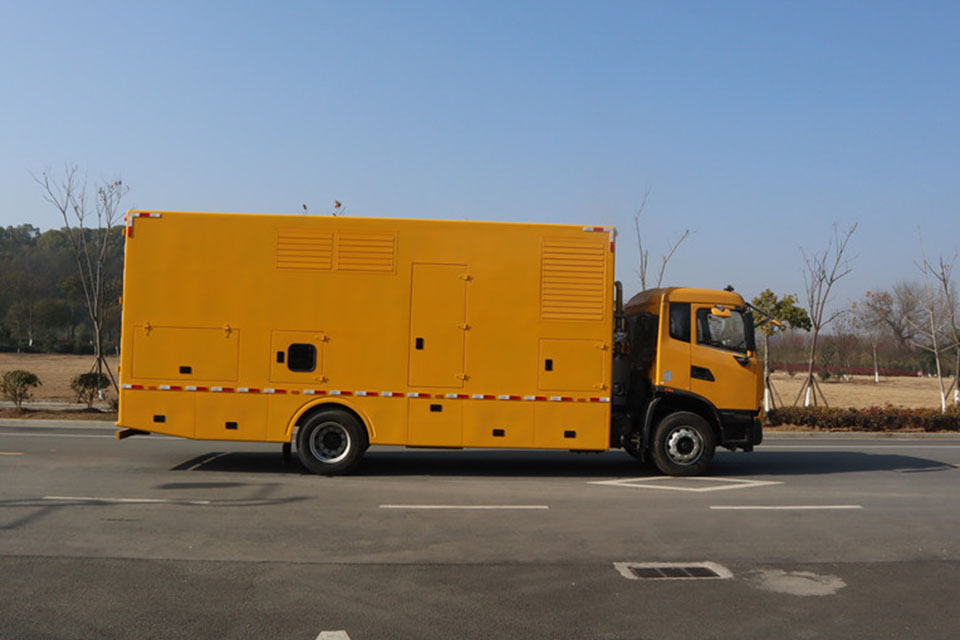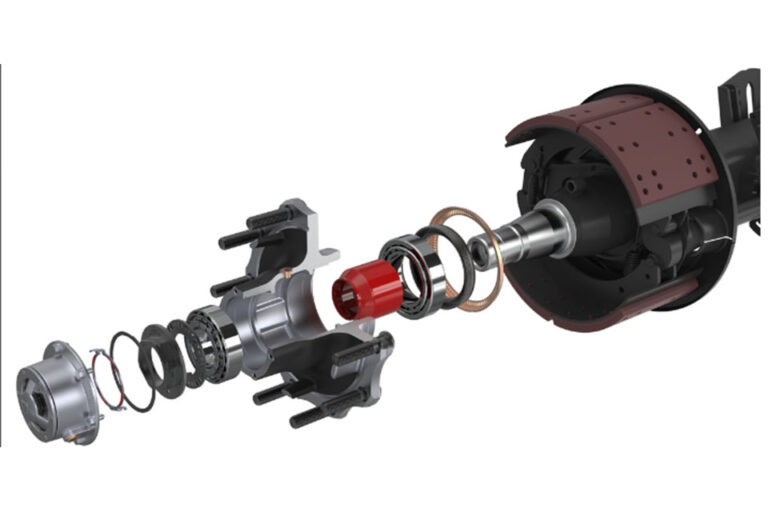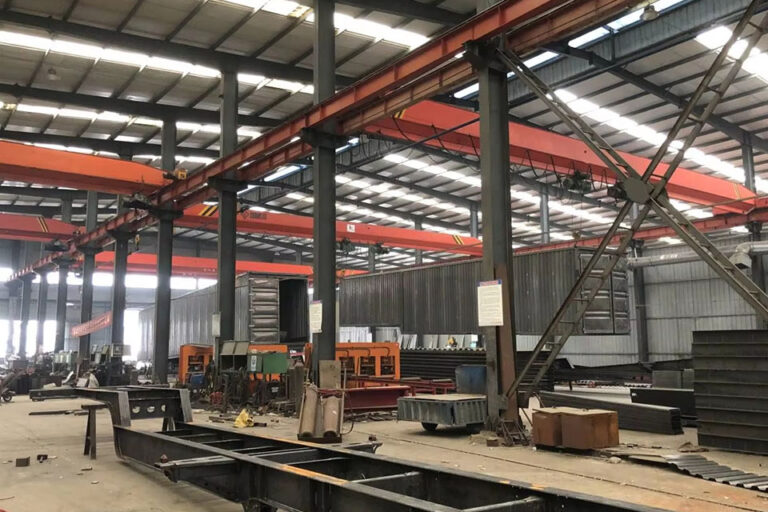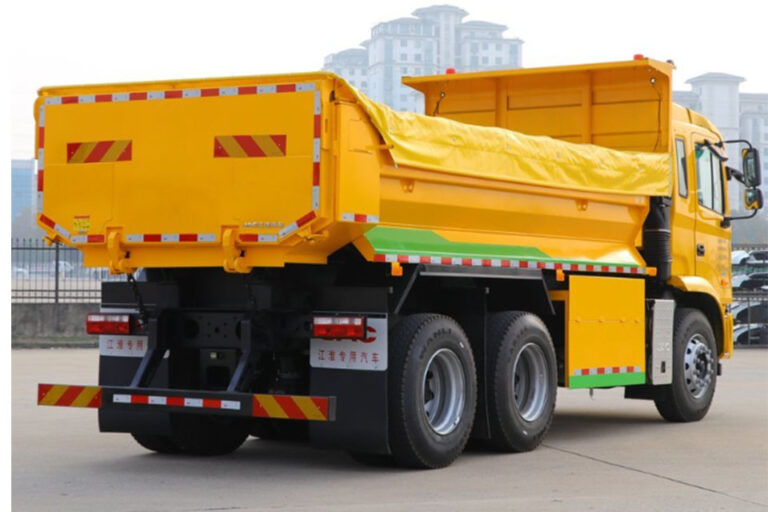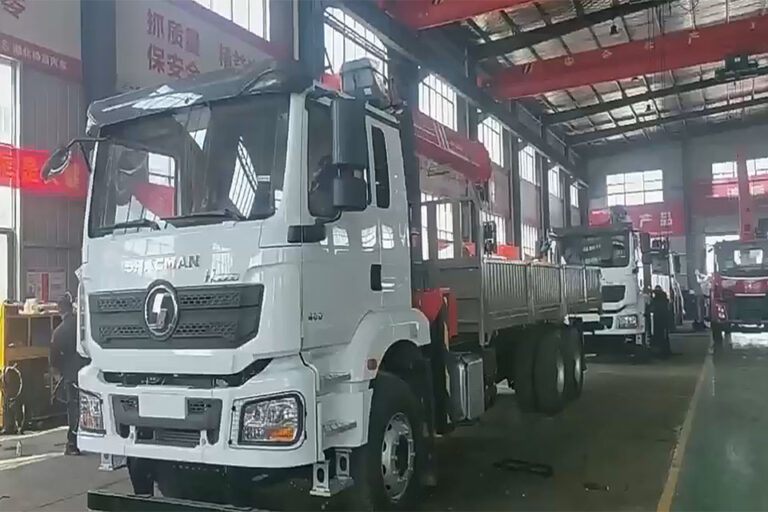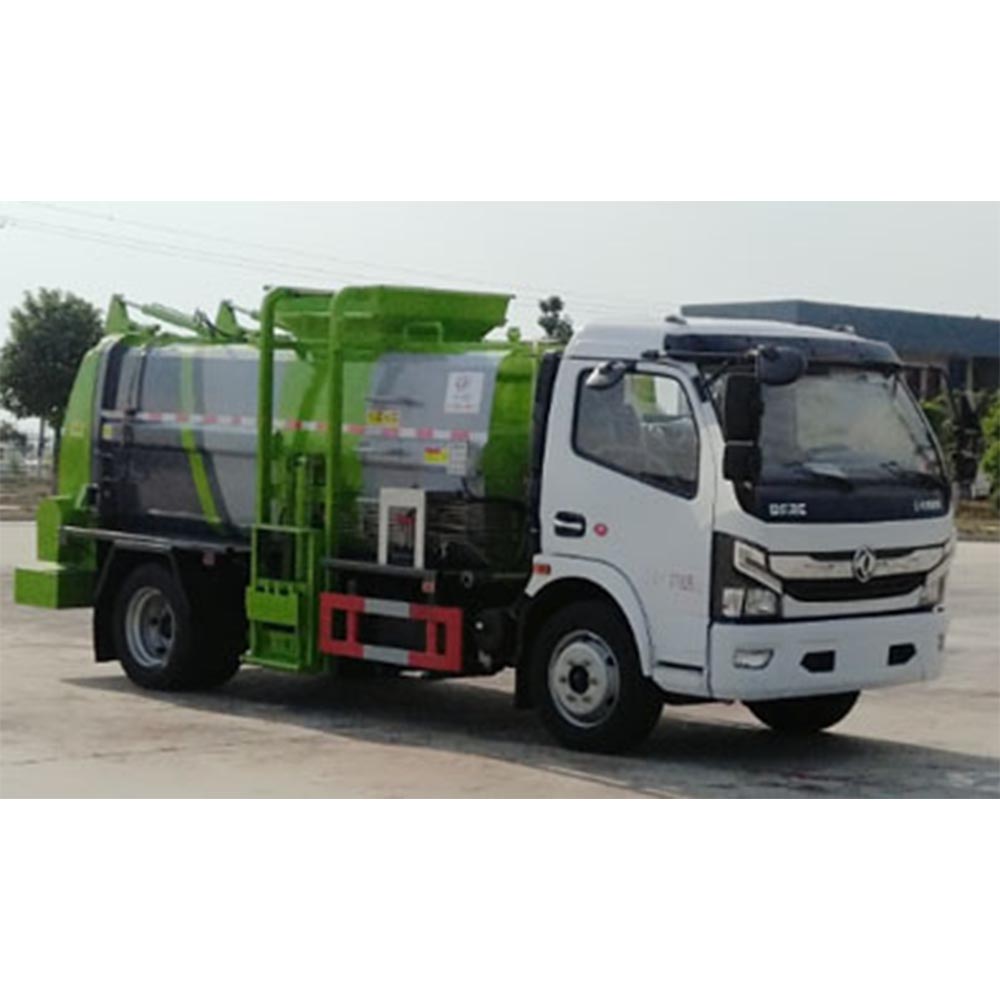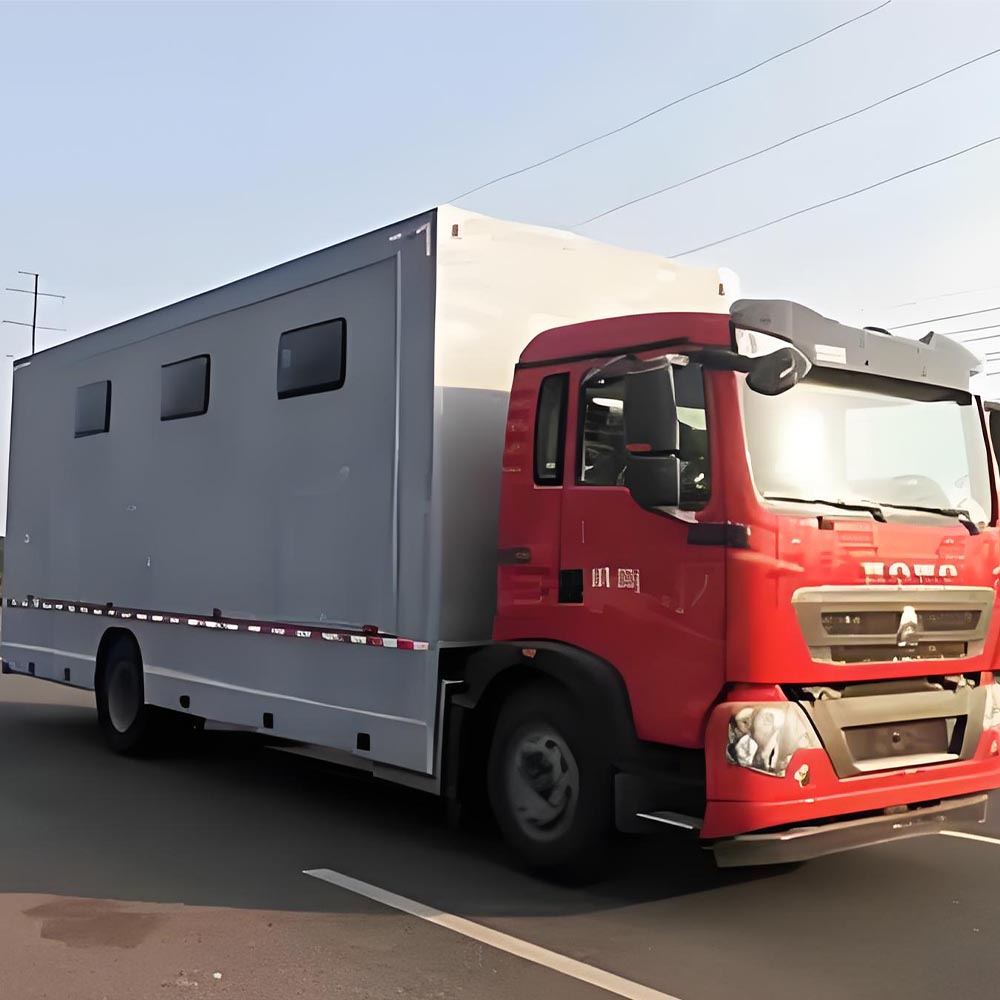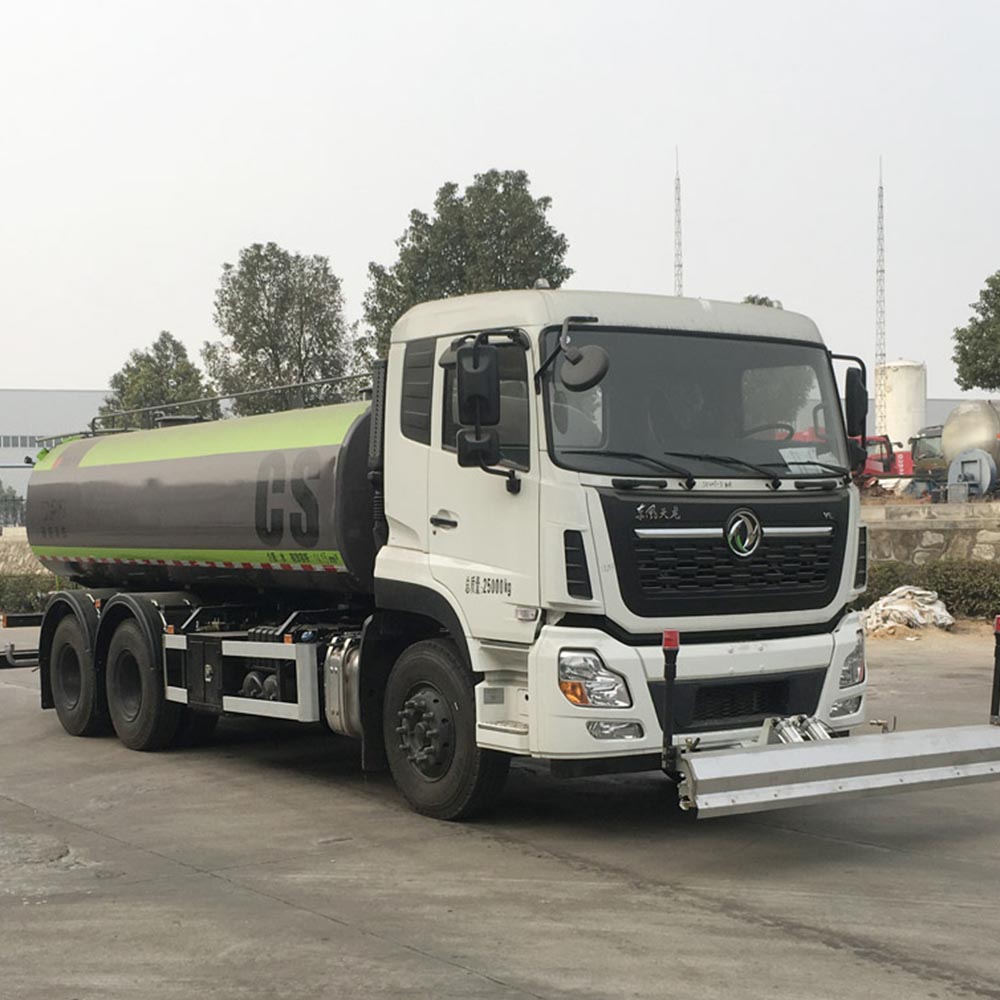-
Chengli Automobile Industry Park
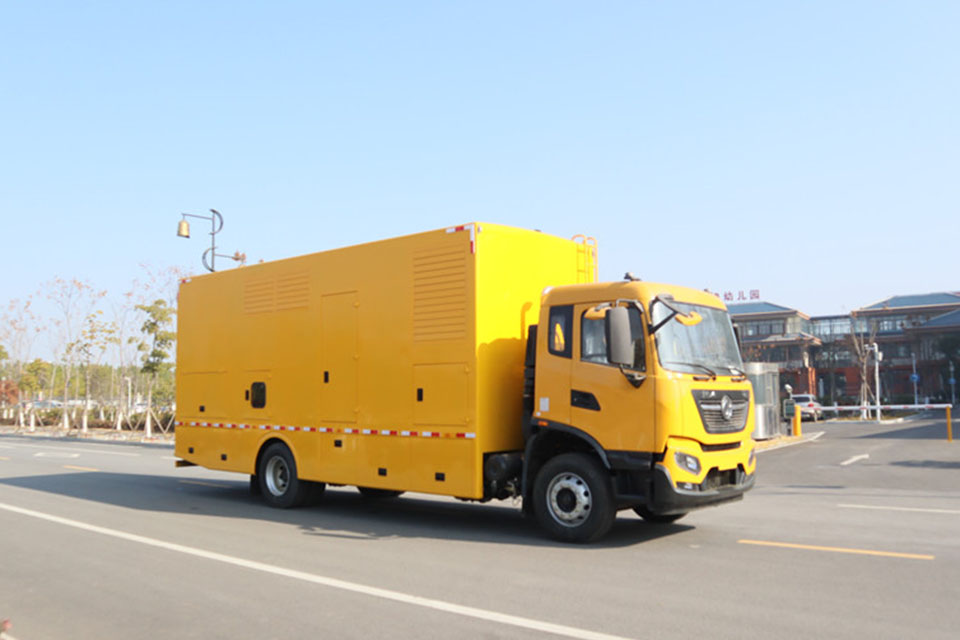
Can a portable power station be used for emergency backup power?
Can a Portable Power Station Be Used for Emergency Backup Power?
Yes! Portable power stations are great for emergency backup power. They help when the power goes out. Let’s see how they work and why you might want one.
Table of Contents
What Is a Portable Power Station?
A portable power station is a big battery in a box. You can carry it. You can use it to power things when the lights go out. It is not like a gas generator. It does not make noise or smoke.
Portable Power Stations vs. Gas Generators
Choosing the right backup power for emergencies.
Key Differences
Indoor Safe
No Noise
No Fumes
Rechargeable
Feature Comparison
Detailed Comparison
| Feature | Portable Power Station | Gas Generator |
|---|---|---|
| Indoor Use | Safe – no fumes | Unsafe – makes carbon monoxide |
| Noise Level | Very quiet (<30dB) | Loud (60-90dB) |
| Fuel | Electric battery (can recharge) | Gas (must refill) |
| Runtime | 4+ hours for fridge (3600Wh model) | Depends on gas tank size |
| Cost to Run | $0 with solar | $$ for gas |
Why Choose Portable Power Stations for Emergencies?
Portable power stations are good in power outages. Here’s why:
- They are safe to use inside your home
- They make no noise when running
- They have no fumes that can hurt you
- You can move them from room to room
- They can power medical devices and fridges
Portable Power Station vs. Gas Generators
Here is how they compare:
| Feature | Portable Power Station | Gas Generator |
|---|---|---|
| Indoor Use | Safe – no fumes | Unsafe – makes carbon monoxide |
| Noise Level | Very quiet (<30dB) | Loud (60-90dB) |
| Fuel | Electric battery (can recharge) | Gas (must refill) |
| Runtime | 4+ hours for fridge (3600Wh model) | Depends on gas tank size |
| Cost to Run | $0 with solar | $$ for gas |
When power goes out, you need help fast. An Emergency Rescue Lighting Truck might come to help your neighborhood, but having your own power backup is better.
Key Features for Emergency Preparedness
When buying a power station for emergencies, look for:
- Battery Capacity – The more watt-hours (Wh), the better
- Output Power – How many watts it can handle
- Charging Options – Wall, car, solar
- Ports – USB, AC outlets, DC ports
The best models let you charge while using them. This is called “pass-through charging.”
Top Emergency-Ready Models
These power stations work well for emergencies:
- EcoFlow Delta Pro (3600Wh) – Can power a fridge for 4+ hours
- BLUETTI AC180 (1152Wh) – Great for medical devices for 18-24 hours
- EcoFlow River 2 Pro – Powered a home office for 14 hours in tests
- VTOMAN FlashSpeed 1000 (828Wh) – Kept CPAP machines running for 3 days
What Can You Power During an Outage?
A good power station can run:
- Refrigerator (700W) – Keep food cold
- Medical devices (50-200W) – CPAP, oxygen
- Lights (5-10W each) – See at night
- Cell phones (5-18W) – Stay in touch
- Internet router (10-20W) – Keep online
If you need more power for longer outages, the Mobile Emergency Power Truck might come to your area, but your own power station is faster.
How to Use a Power Station in an Emergency
Here are steps to use your power station when power goes out:
- Keep it charged at all times (at least 50%)
- Place it in a dry spot away from heat
- Connect your most important items first (fridge, medical devices)
- Use power-saving modes on devices
- Have solar panels ready if you own them
How Long Will It Last?
The time your power station lasts depends on:
- Battery size (Wh)
- What you plug in (watts)
- Temperature (cold reduces time by 30-40%)
Here’s a simple math:
Run time (hours) = Power station capacity (Wh) ÷ Device power (W)For example, a 1000Wh power station can run a 100W device for about 10 hours.
Solar + Power Station: The Perfect Pair
Adding solar panels to your power station is smart. In sunny weather, you get:
- Endless power during daylight
- 60% lower costs over time
- No need to find gas during emergencies
The Battery-Powered Ambulance Truck uses this same idea – battery power that can be recharged.
Real People’s Experiences
People who used power stations in emergencies say:
“When our power was out for 3 days after the storm, our EcoFlow kept our fridge cold and phones charged.”
“My dad’s CPAP machine ran all night during the blackout thanks to our power station.”
Things to Watch Out For
Be aware of these limits:
- High-power devices like heaters and AC units drain batteries very fast
- Cold weather makes batteries work less well
- Need to recharge unlike gas generators that can be refilled
Who Should Get a Power Station?
Portable power stations are best for:
- People with medical needs that require power
- Families with young kids who need lights and food cooling
- Those in areas with frequent short outages
- Anyone who wants a clean, indoor power backup
FAQs About Portable Power Stations
Q: Can I use a power station while it’s charging?
A: Yes, most modern models allow “pass-through charging.”
Q: How long will it power my refrigerator?
A: A 3000Wh station powers a fridge (~700W) for about 4 hours; solar extends this time.
Q: Is it safe to use indoors?
A: Yes! Unlike gas generators, power stations have no emissions and are safe for indoor use.
Q: How do I maintain my power station?
A: Keep it at 50% charge when stored, and cycle the battery (use and recharge) monthly.
Conclusion: Are Power Stations Worth It for Emergency Backup?
Yes! Portable power stations are great for emergency backup power. They are:
- Safe for indoor use
- Easy to use
- Clean and quiet
- Ready when you need them
While gas generators might run longer, power stations are better for inside your home. They keep your important things running when power goes out.
For the best emergency setup, pair your power station with solar panels. This gives you power even during long outages, just like how Emergency Medical Transport vehicles have backup power systems.
Be ready for the next power outage! A good power station gives you peace of mind when the lights go out.
